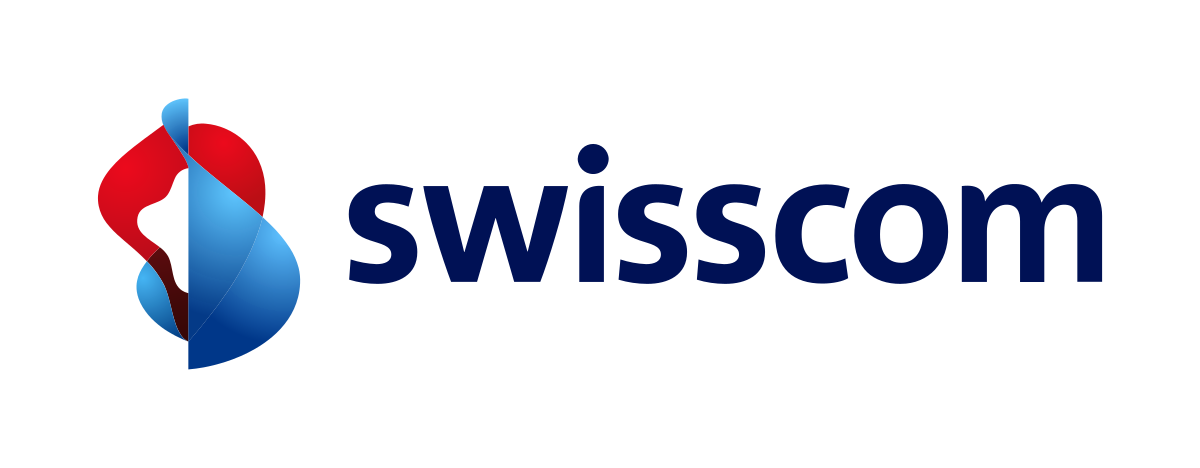Technological progress results in increasingly faster data collection and transmission and it is necessary to systematize it. The business analytics industry is developing very rapidly, and as a result, the role of business intelligence tools is becoming an increasingly indispensable element, especially for business users who want to extract significant insights from vast data sets.
Forecasts for the next years say clearly: companies will have to invest in advanced tools and technologies to ensure data quality and security, which will make it one of the key trends in business analytics in 2024 and 2025.
Given the dynamics of this world, it is worth considering your participation in the Business/Data Intelligence industry. The question is – how to start?
Beginnings are the hardest
It is assumed that the profession of a data specialist requires skills acquired while studying fields such as computer science, mathematics, database engineering or economics. However, the fact that you graduated from humanities does not eliminate you from the recruiters’ point of view. The most important role is played by predispositions and skills such as analytical thinking and the ability to quickly draw conclusions. In addition, people with humanities degrees may change their mind about their career path, start training to become an analyst and participate in courses.
Check out the story of Bartosz Nowopolski, who graduated from Japanese studies, but was interested in professional development in the IT field and now he fulfill himself by working with #TeamPOLARYS as a Junior BI Developer:
The IT field has always captivated me. I started as a translator and interpreter, connecting the company with Japanese clients, a natural fit as a Japanese studies graduate with an interest in tech.
After a few years, my love for languages blended with a new appreciation for problem-solving. That’s when I decided to transition to a career in IT as a developer. A senior friend in data intelligence guided me, and I opted for affordable online courses, mainly focusing on SQL. After about six months of learning, I gained enough skills to start as a Junior Business Intelligence developer at Polarys. Starting fresh as a junior, despite having a background in business development, was challenging, but after working here for a year and a half, it’s been the best decision of my life. For those considering a career change – stick with it. The initial hurdles are tough, but the payoff is worth it.
I’ve completed the course and what's next?
Let’s assume that you have completed the course: you have Excel at your fingertips, you feel like you know Python and SQL. You want to leave your current job and gain your first commercial experience, so you send hundreds of applications, you have a perfectly completed LinkedIn profile and… nothing happens. Your phone is silent.
Why?
You may not have researched the job market before you decided to participate in bootcamps. You should have checked job offers and seen what specific skills potential employers required. Also, to maximize your chances, it is worth finding your niche (e.g. data visualization and focusing on learning appropriate tools, such as Power BI/Tableau).
Hardships of being Junior Specialist
According to the data available on the most popular job posting sites, as of June 2024, there are 30 ongoing recruitments for junior positions in the area of data analytics & big data nationwide. Considering the hundreds of Candidates sending their resumes, looking to rebrand themselves, undoubtedly one has to be persistent and tireless in battle 🙂 How not to doubt and catch the attention of the recruiter poring over our resumes? Find out our tips!
IT Recruiter advises
Polarys is an expert in BI, Data Intelligence and Big Data projects. Since 2005, we have been successfully building career paths for our employees in the professions of the future related to Data Intelligence. Our HR & Recruitment department has received hundreds, if not thousands, of resumes.
The first contact with an IT recruiter occurs when you send your resume. Have you heard about the eye-tracking method?
👀 The Eye-Tracking method involves tracking users’ eyeballs to check how they perceive a website. The measurement creates a heat map of the points at which recruiters stopped looking for the longest.
When it comes to your resume and LinkedIn profile, recruiters first pay attention to your current position (sort them from the newest to the oldest) and years of experience. If you don’t have commercial experience in the position you are applying for, make sure to properly highlight the courses you have completed and, consequently, the tech stack.
Your resume should be written in English if you see that the job offer is also posted in English or if the offer includes information that English is required. Also, make sure to describe the projects you have completed – focus on quality here, too much information (both in the portfolio and in the summary) will not attract your future employer.
In fact, there is no universal rule for a resume (e.g. specific graphic design) that will guarantee a call from a recruiter. Choose to bold the most important information, feel the other way around and think if you were recruiting for the job you are applying for, would you like your own resume and call yourself?
Also ask your colleagues to comment on your resume, e.g. on social media groups. Constructive advice from experienced specialists will definitely be useful to you!
Need more suggestions? Feel free to contact our #RecruitmentTeam!
Summarizing
The market offers a whole range of solutions that are intended to help people responsible for analytics in performing their tasks, and even to put some of them in the hands of people who have not yet been involved in advanced information processing. Although there is a decreasing demand for juniors in the industry, the trend may reverse in the future due to the significant popularization of the Data Intelligence area, which is so extensive that it certainly allows you to find a door – as a person aspiring to Junior BI Developer’s role without experience, you should be patient and constantly expand your skills.




































